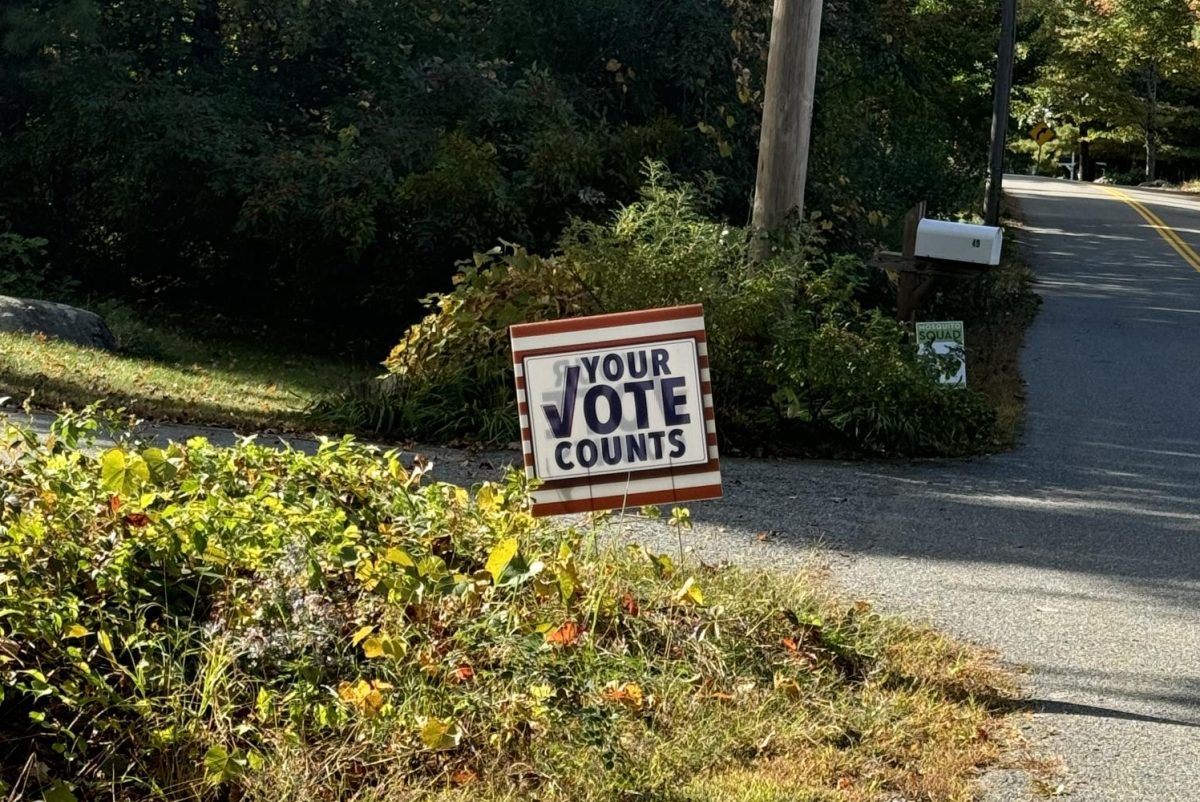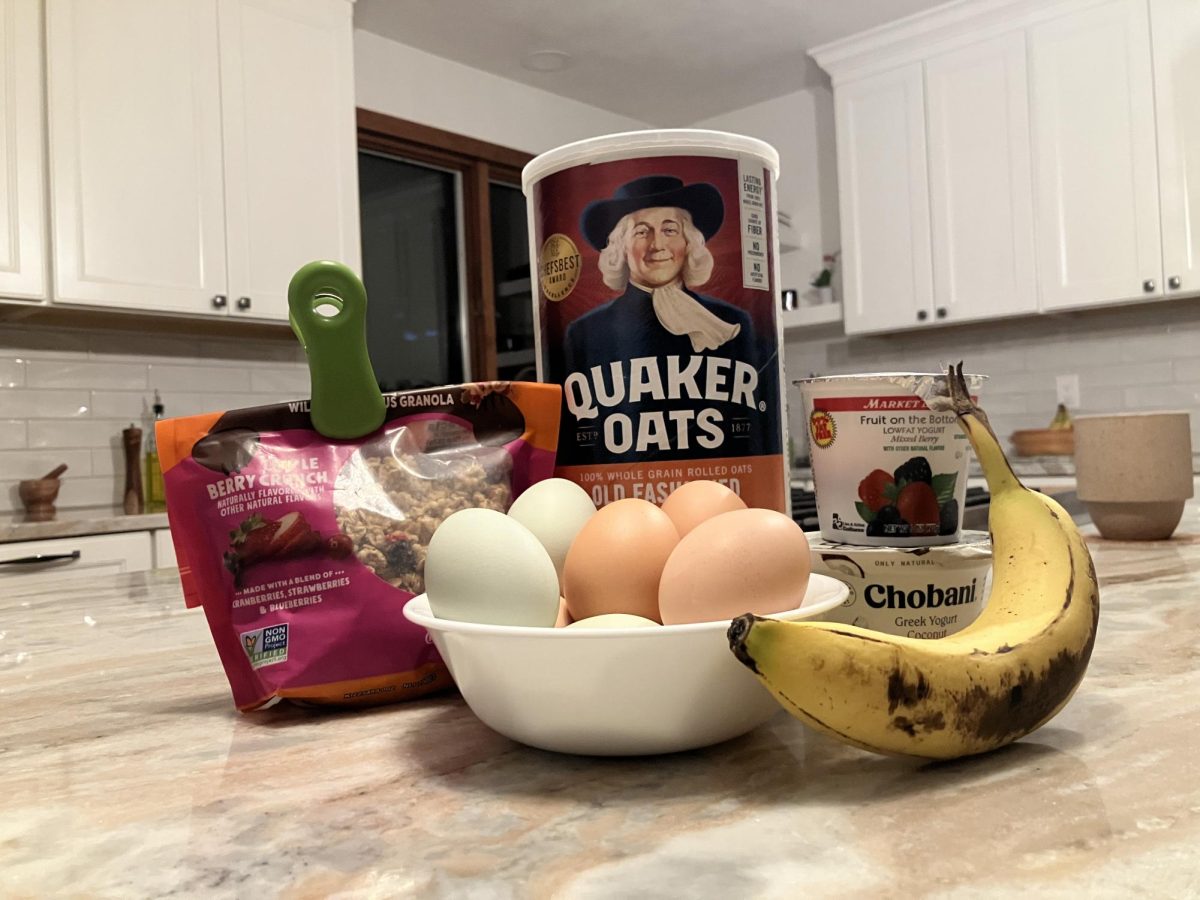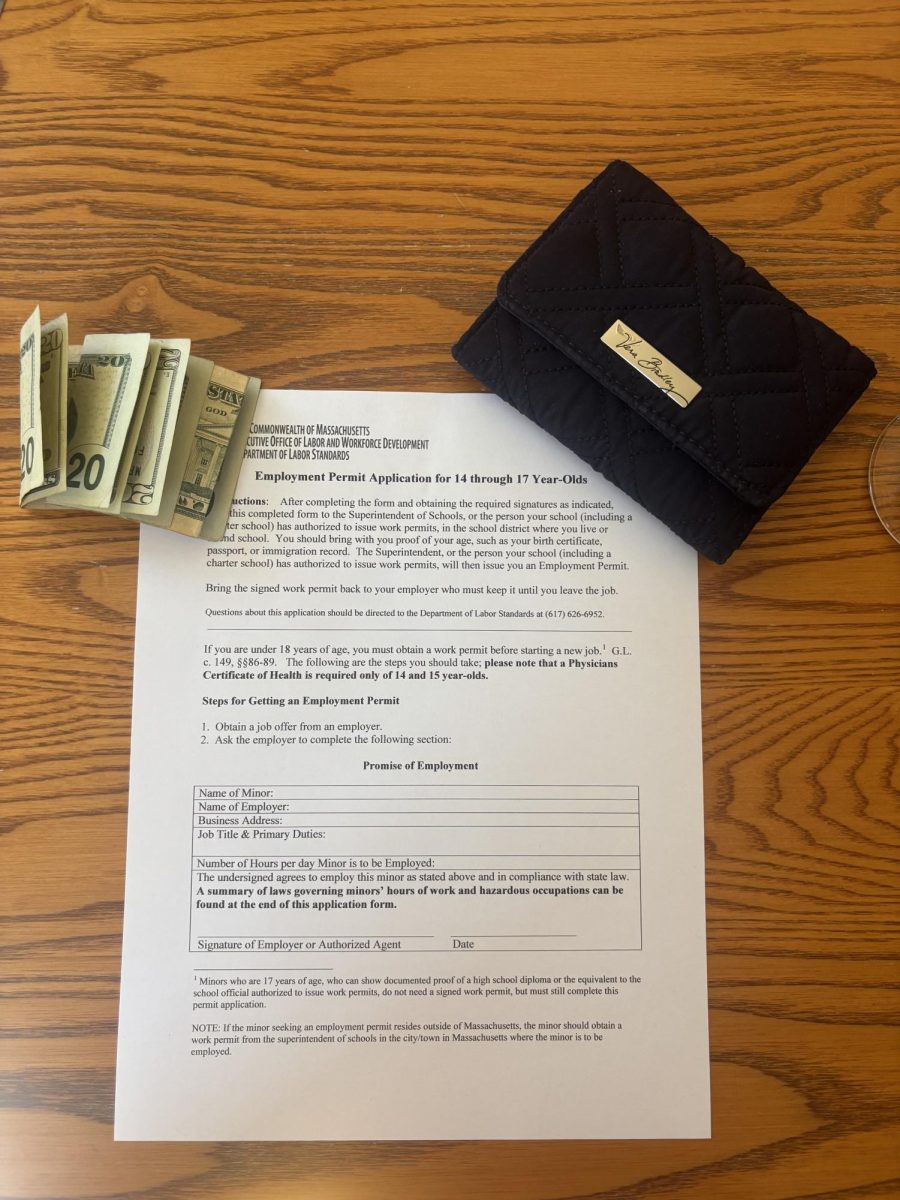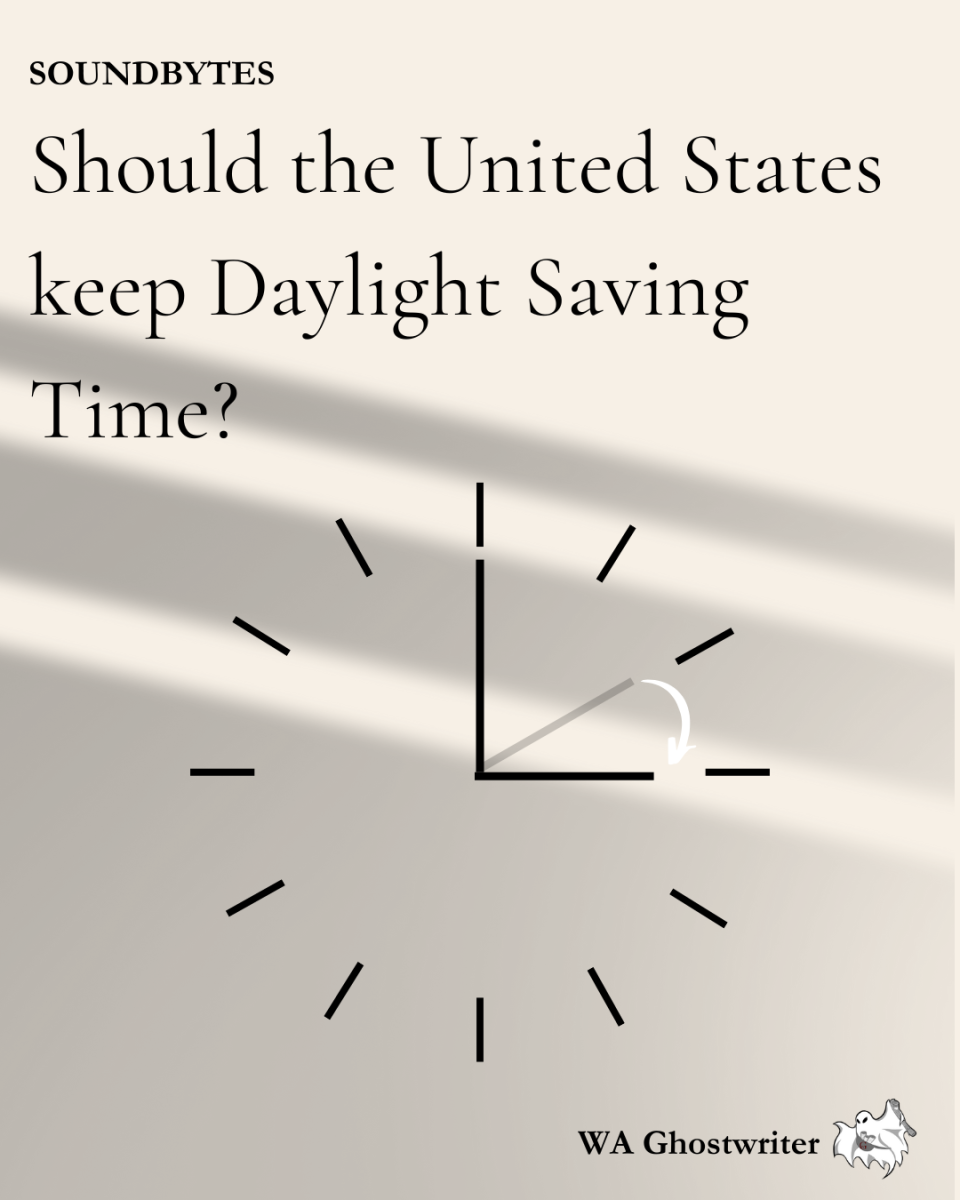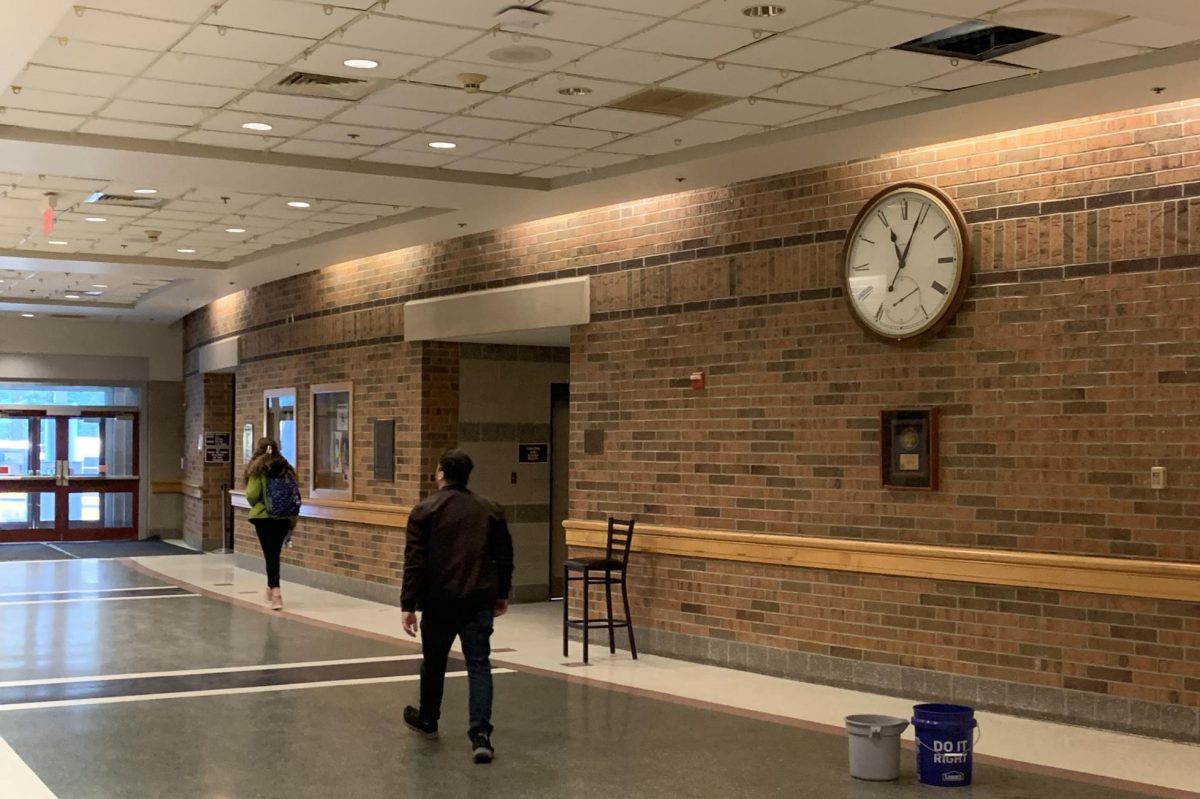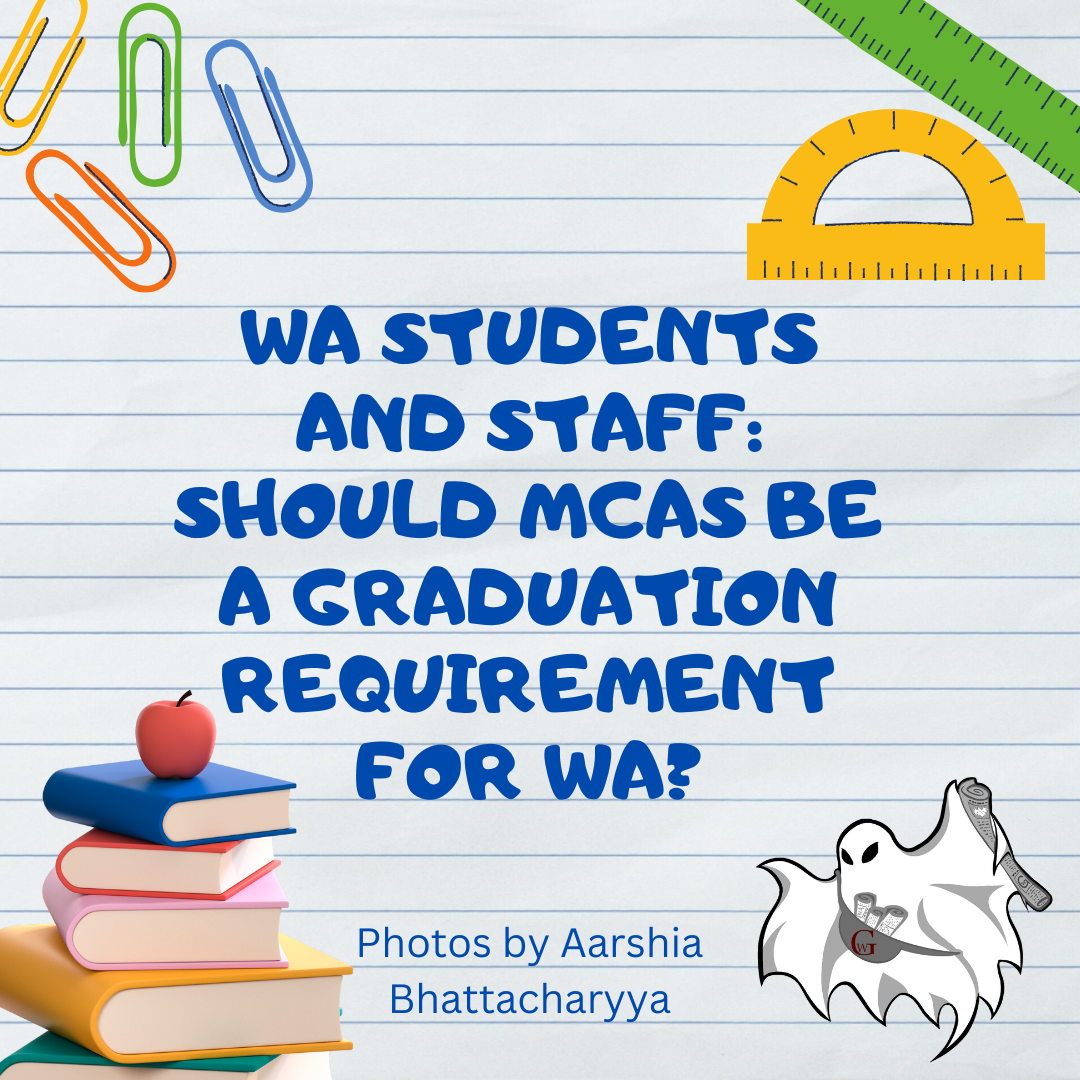A notification goes off on your phone. You check it, unsurprised to see that it is a news site once again publishing an article about the upcoming election in November. Out of curiosity, you click on the notification, scanning the story with a growing sense of helplessness. Species going extinct as the earth warms, women dying without proper healthcare, and countless mass shootings.
As an average high schooler without the right to vote, it can feel as if there is nothing you can do. But is this really fair? At the age of 16, you should be able to choose those who represent you.
This year’s presidential election process has certainly been eventful, with President Joe Biden dropping out of the race and being replaced by Vice President Harris–who took social media by storm, garnering support from younger voters around the country–and former President Trump surviving two attempted assassinations, stirring up controversial conversations both online and in person.
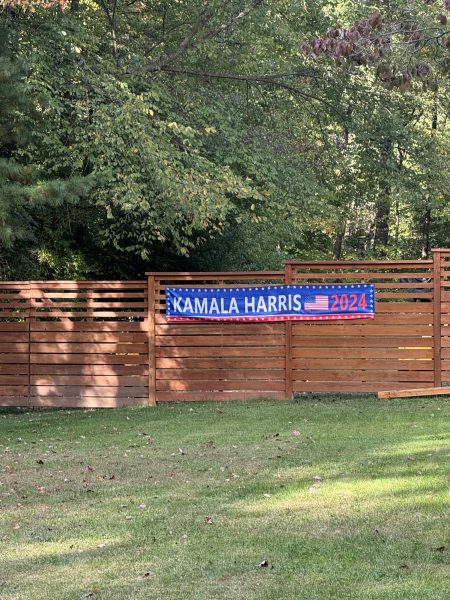
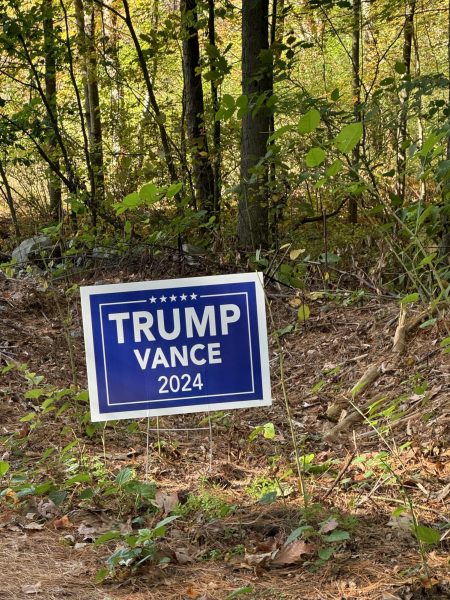
Despite all of this, what has really stood out during these campaigns is the amount of activity from Generation Z.
According to USA Today, 11% of voters registered on National Voter Registration Day were 18 years of age, a 43% increase from Voter Registration Day in 2020. After singer-songwriter Taylor Swift encouraged her majority teenage followers to vote through a post on Instagram, 337,826 people visited the link for voter registration in the post during the same week.
Additionally, more and more teens are becoming interested in politics as they continue to get involved. Many of the issues that have strong discrepancies among opposing political parties concern high-school age children, such as gun laws and abortion rights. Of the school shootings that have occurred in the United States since 2000, the majority of them have been in high schools. Similarly, 55% of unintended pregnancies among adolescent girls aged 15-19 result in abortions.
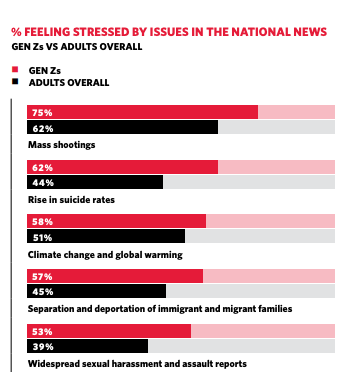
Provided by developmentalscience.com.
These policies concern teenagers. How can we claim to be a government of the people if we do not give people the right to vote on decisions that could affect their lives?
These are just a few of the most popular cases that teenagers feel strongly about. Yet, there is a valid concern that teens do not understand the complexity of politics and their vote will be misled.
Of course, there should be a limit; younger teens for the most part arguably do not have the emotional maturity it takes to vote on important matters like deciding the leaders of our country. But 16 and 17 year olds deserve the right to vote because many of these teenagers have the responsibility and maturity to begin participating in the government just like adults.
Furthermore, no one is forcing anyone to vote. If parents do not believe their children are mature or educated enough to vote, then their children most likely are not interested in voting regardless.
There is also the argument that voting 16 and 17 year olds will vote for a candidate simply because their friends are voting for them as well. However, many adults already do this. Yet unlike most adults, most 16 and 17 year olds discuss political policies in school, allowing them to be freshly informed and more likely to make rational voting decisions.
53 years ago, in 1971, the 26th Amendment lowered the legal voting age for all Americans from 21 to 18 years. However, the issue was first brought up decades before, in the 1940s. It finally gained traction during the Vietnam War, when people for the lowering of the voting age argued that people who were old enough to fight were old enough to vote. Eventually, the amendment was signed into law by then President Richard Nixon. To summarize, the general consensus was that people should be able to vote on an issue that they are forced to be involved in.
Similarly, as older teens have been becoming more and more involved in issues like abortion and mass shootings, more often than not unwillingly, they should be able to vote on policies and government actions that involve these issues.
As of September 2024, 10 countries around the world allow citizens to vote from the age of 16, and four countries allow citizens to vote from the age of 17. In the United States, some states allow 17 year olds to vote only if they turn 18 on or before the day of the election. The United States is known as one of the most progressive countries in the world. If countries like Ecuador, Nicaragua, Cuba, and Austria are able to see the importance in lowering the voting age to 16, we should be able to do so as well.
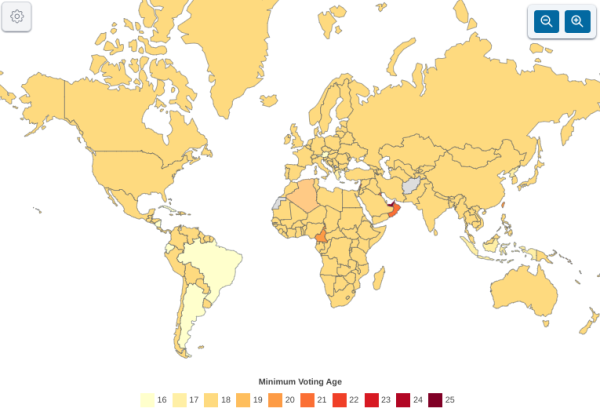
Provided by worldpopulationreview.com.
Already, places across the United States have lowered the voting age for local elections to 16: among them, the small town of Brattleboro, Vermont.
“I think the more we can do to bring the youth into that process so that they can learn the skills and practice the skills of participation and politics […], the stronger our communities will be and the more I think folks will feel tied to their communities,” Brattleboro representative Emilie Kornheiser said.
Getting teens more involved in the voting process causes them to fall into the habit of being politically involved and therefore they are more likely to vote more as they get older. Every vote is important and it is crucial that everyone knows how they can have a say in the policies that dictate their lives.
Over two centuries ago, then President Abraham Lincoln declared the United States government a “government of the people, by the people, for the people” in The Gettysburg Address. To me, that means when people are affected personally, they get to have a say in how they are affected. Currently, that is not happening. We need the voting age to be lowered to 16 so those that are affected and understand what is going on just as much as most adults can actually do something about it in order to remain a government of the people.

